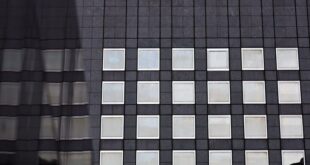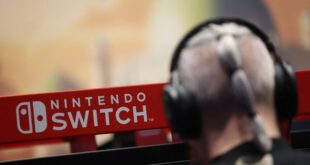TOKYO (Reuters) – Japan’s Kioxia on Tuesday reported a 100.8 billion yen ($664.5 million) operating loss in the second quarter as earnings were hit by a slump in demand for memory chips used in smartphones and personal computers (PCs).
The result at Bain Capital-backed Kioxia, formerly Toshiba Memory, compares with a loss of 130.8 billion yen three months earlier.
Makers of memory chips have been struggling with slumping demand since the COVID pandemic, with the market awash with supply and growing pressure for the industry to consolidate.
Merger talks between Kioxia and Western Digital have stalled, Reuters reported previously, after Kioxia investor SK Hynix said it did not back the deal.
A combined company would control one-third of the global NAND flash memory market, on par with Samsung Electronics and threatening the position of SK Hynix.
Since then, Western Digital has said it will spin off its memory business but remains open to alternatives that would deliver “superior value” to the planned separation.
While investment in artificial intelligence is expected to boost the chip industry, a rebound in demand for NAND flash memory used for data storage is less clear.
Selling prices have bottomed out, Kioxia said, pointing to expected higher shipments of smartphones and PCs next year.
Revenue fell quarter-on-quarter with Kioxia saying the smaller loss was because of higher average selling prices with a boost from the weaker yen.
Separately, Toshiba, which holds a stake in Kioxia after selling its chip unit to the Bain-led consortium in 2018, posted a 26.7 billion yen net loss in the second quarter.
The industrial conglomerate is due to go private after a successful $13.4 billion tender offer from private equity firm Japan Industrial Partners.
($1 = 151.7000 yen)
(Reporting by Sam Nussey; Editing by Tom Hogue and Christian Schmollinger)
 BeritaKini.biz Berita Viral Terkini di Malaysia
BeritaKini.biz Berita Viral Terkini di Malaysia





